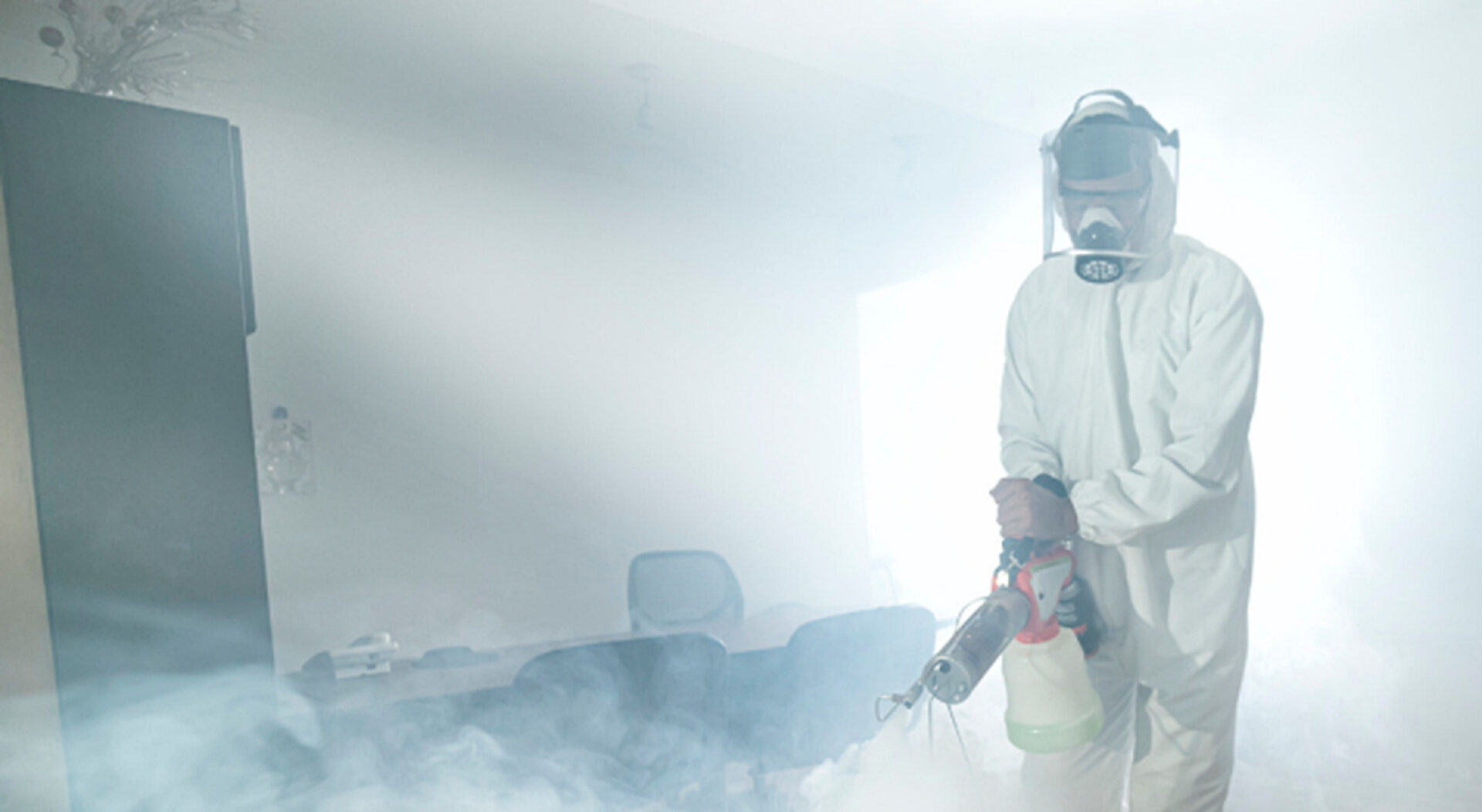Can poor Air Quality cause Allergies?
Why is it important to protect yourself from long-term exposure to air pollutants to reduce the impact on your health? Many Chronic and stress related diseases

What Do I Do About Poor Air Quality?
It has been proven by several researchers that poor air quality triggers allergies. This is due to the presence of different types of contaminants and pollutants that are alien to our immune system. Humans have never before had the variety of toxic particles that are being released into our home environment today.
The most observable trend that measures indoor air quality pollutants is the increase in allergies and respiratory health issues.
Lorem ipsum dolor sit amet, consectetur adipiscing elit. Ut elit tellus, luctus nec ullamcorper mattis, pulvinar dapibus leo.
The best solution is to remove all plastics, foam, varnishes/paint, and to stop using synthetic cleaners. This is not possible for most of us in today’s world. Even most pillows release formaldehyde after 1-2 years of life!
Many people are turning to HVAC systems, cleaning vents, avoid smoking in the house, and avoid access to fuel sources in the home. But this is only half of the challenge. These efforts can backfire. Ozone can be fatal to pets. UV lighting only works if it is contained, and of course, we do not want to be exposed to the lights.
Many air purifiers can remove air born particles, but they do not deal with the biological factors that are creating the air born particles, creating a vicious cycle.

US Environmental Protection Agency (EPA) puts pollutants into 5 categories, namely:
- Ground-Level Ozone
- Particulate Matter
- Carbon Monoxide (CO)
- Sulfur dioxide (SO2)
- Nitrogen Dioxide (NO2)
Eliminating Bio Pollutants In The Home
Our homes cause two problems. The first is the R2000 air tight houses that have been built since around 2000. Although these houses reduce heating and cooling cost, they trap air born toxins in our homes, creating a perfect environment for bio and micro lifeforms to colonize, from mites to mold.
Mold spores are in the air and can grow with the right conditions. It is a misunderstanding that mold needs only a damp, dark place to flourish. They can actually grow on a countertop when the right conditions are met.

